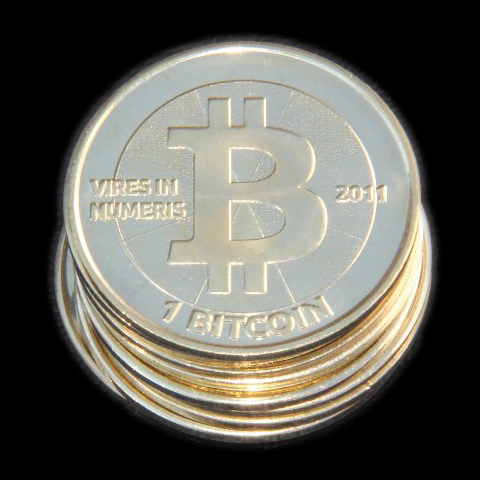Why ultimately the ideals of the system may triumph over its’ practicalities
On this, the 100th anniversary of the Federal Reserve System’s founding, it is worth remarking upon the mysterious Satoshi Nakamoto and his bitcoin creations.
Are bitcoins prone to speculative excess, are they under-regulated, do they have some aspects of a Ponzi scheme? Do they represent the same tired attitude of having to burn societal value (in this case electricity, processing power, and fans) to gain private value? Is it possible Satoshi will come back and show us all his true face, while taking the system away with him?
Yes to all.
However, the ideals behind bitcoin represent the technologist’s perspective on how to cut the bloated financial sector to size. Bitcoin allows for individuals to use digital means to escape the real pressing needs of dealing with conventional banking systems (such as privacy, and avoiding the double-count of money). On that rationale alone, I can support Bitcoin in principle. Bitcoin may have had its’ Silk Road, but Wachovia had the Mexican drug cartels.
If only the penalties for those responsible were equivalent. Wachovia, after all, was fined a small percentage of its’ yearly profits and allowed to largely maintain “business as usual”. In contrast, Silk Road was shut down, and its’ owner was arrested. It is abundantly clear where government power fears to tread. Eric Holder, attorney general of the United States, put it best when he declared that some banks were becoming “too big to prosecute”.
Major banks have been caught in the last five years laundering drug money, laundering money for terrorists, forging foreclosure documents, manipulating markets, manipulating key interest rates, pushing shoddy products on clients, taking on unneeded risk due to Excel errors (London Whale), and generating a whole host of economic bubbles that put food and commodities away from the reach of those that need them most. The most infuriating aspect of this is that most of the time, they did this while they were under taxpayer protection and funding.
The Federal Reserve System, while nominally supposed to act as a check on the banks, has become dependent upon them to a point where it is abundantly clear that alternatives to the bloated financial sector must be considered. While bitcoin may be imperfect in terms of some of its’ practicalities, ultimately the ideal behind bitcoin stands out as a laudable cause that will triumph in some form, sooner or later, if we properly apply the lessons we should have learned in the last 100 years.







